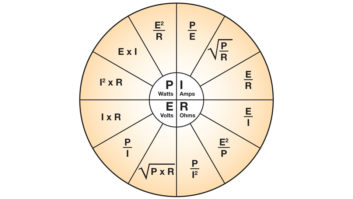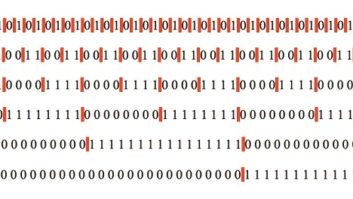Time Calculations with a Calculator
Nov 6, 2005 1:00 PM
Adding and subtracting time is often a complicated task. Addition isn’t impossible, because the minutes and seconds can be added in their places, and then the seconds that exceed 59 can be reduced and converted to minutes. Subtraction can be much more tedious.
A simpler method is to apply the 940 rule. Here’s how it works.
Take the time amounts and replace the colon separating the hours and minutes and replace it with a zero. For example, one minute and thirty seconds (1:30) becomes 1030. Add the various times in this converted format. When the final sum is determined, add 940 to it, then reconvert the zeroes back to colons to reveal the result.
Here’s an example. Add 1:24, 2:12, 5:50 and 6:03.
+1:24
2:12
5:50
6:03
This becomes +1024
2012
5050
6003
=14089
Add 940 to the result +14089
940
=15029
Replace the zero with a colon and the result is 15:29.
Subtraction works the same way. Subtract 2:50 from 6:03.
-6003
2050
=3935 -940
=3013
Replace the zero with a colon to get 3:13.
Exception
Adding several times that are close to a full minute will not work properly with this approach. For example, 1:59 + 1:59 + 1:59. (Try it and you’ll see the problem.) If you find an odd result with more than two addends, add the amounts separately. In this case, add 1059 + 1059 = 2118 + 940 = 3058. Then add 3058 + 1059 = 4117 + 940 = 5057.
If you don’t want to keep splitting your addends, you can also use the commutative property of addition. If you add multiple times plus a single 940 and get a result that does not include a zero to convert to a colon, keep adding 940 until the result provides a number that can be converted back to a time. For example: 1059 + 1059 + 1059 + 1050 + 940 + 940 + 940 = 7047.






